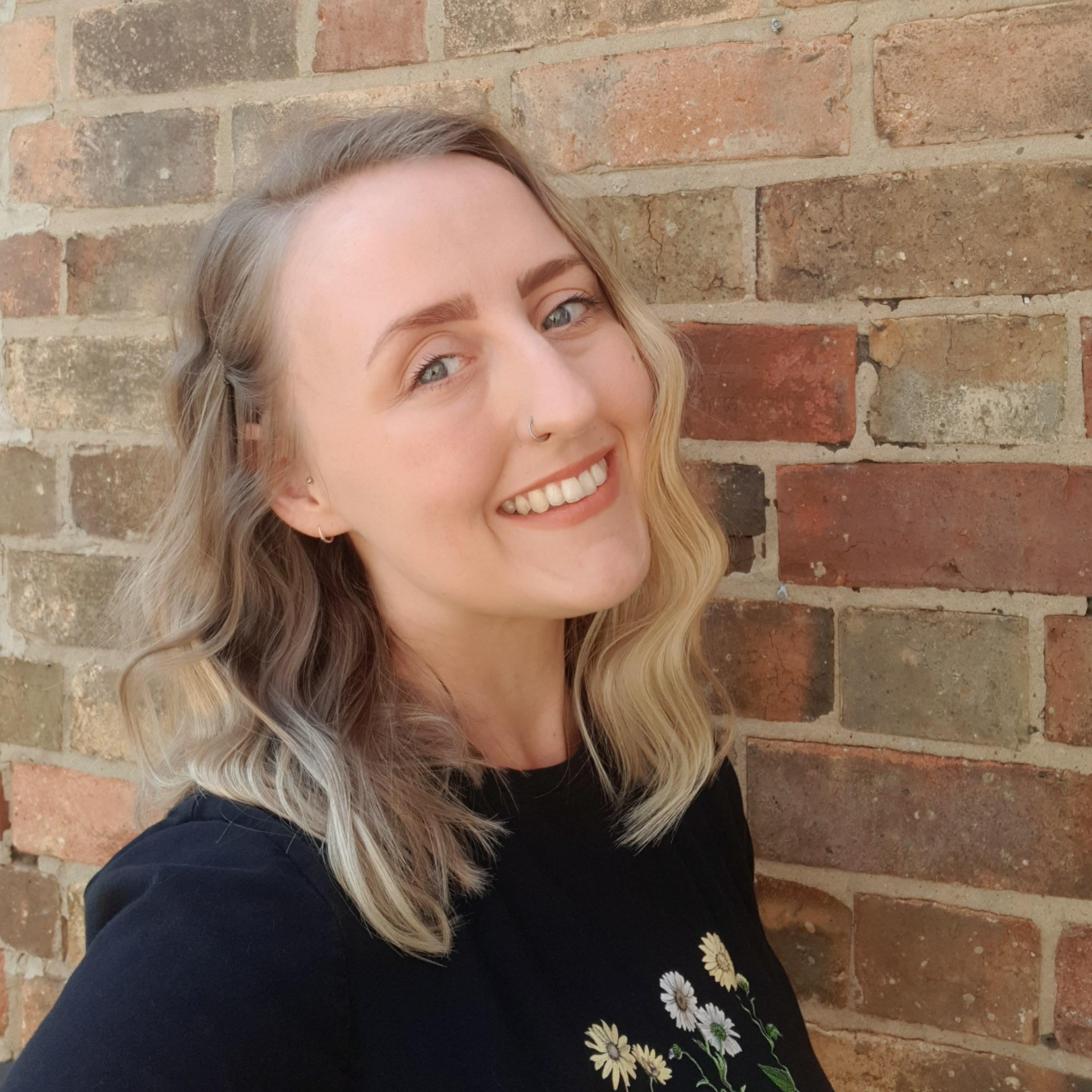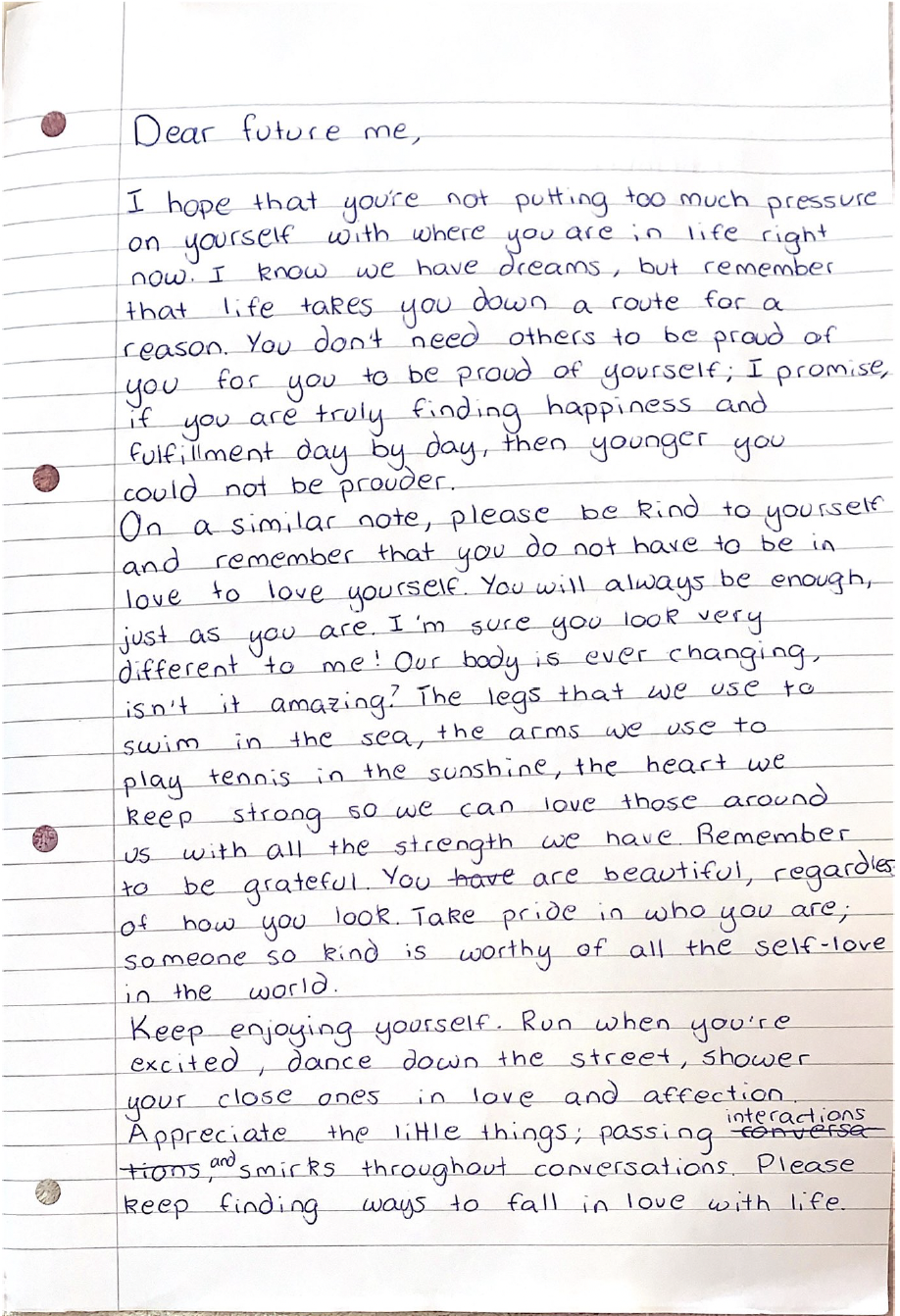Exploring Who You Are and Who Are You Going to Be.
As a Specialist Support Officer here at FSED, I work with young people in one-to-one support sessions. Over time, I have found that one of my most valuable tools within these sessions is to connect with who the service user is as a person. The idea of “self” is a notion that has been pondered over, debated and theorised for centuries (and I am sure will be for centuries to come). But here are some of the things we do know:
- We are not our thoughts – although we can feel deeply connected to our thoughts (they are inside us, and therefore a part of us, right?) we actually have little conscious control over these – unless you are a master of mindful meditation of course. It’s worth taking a moment to consider how often your thoughts serve you well. Our thoughts are often negative and self-critical; linked to temporary emotion, desires, or fears.
- We are not the person we are told we are – So much of our self-concept is derived from how others have treated us and the messages we have received from other people (family, friends, foes) throughout life. Discovering our true, organic sense takes some unlearning and a willing to challenge some of the opinions and beliefs that we hold about ourselves.
- We get to decide! – Many psychological approaches are derived from ancient philosophies. To name but one, Socrates links in beautifully with what we know to be the humanistic approach today. He highlighted an element of humanity that cannot be overlooked in our path to enlightenment…free will. Our need for and the power of choice. Within this he championed community as well as the riches that can be found in truly knowing, understanding and accepting yourself just as you are “know thy self”.
The various theories of self (as we now know them) connect into ED recovery because the truth is, none of us are just one thing…we are so much more. People with eating disorders can often feel all-consumed by their ED and the thoughts and behaviours attached. It can therefore be easy to lose yourself in this. Challenging the notion of self becomes vital within the recovery journey as those recovering look to reframe their lives and their attachments within. It is here where we look to find who said person really is, what they are capable of and just how their many positive attributes can serve them well for the future they want. There is a quote by Rumi which swims around my head whilst working with service users,
“you are not a drop in the ocean, you are the entire ocean in one drop”.
This is something that is proved to me more and more with each person I work with, no matter where they are within their recovery.
By asking service users to write a letter to their future self, we put the wheels in motion to discovering what really matters to that individual. By asking someone to visualise themselves in their future and to write a letter of encouragement or some words of wisdom, they can look to re-evaluate what their goals are. What does happiness mean to them? Where do they want to be and how do they want to feel? And perhaps most importantly, what choices can they make today to help get them there?
This beautiful letter to self was kindly gifted to us by one of our service users, who wanted to share their own messages of hope with you all. We think it perfectly encapsulates what recovery means to so many, as well as how complex but beautiful the human experience can be in the pursuit of happiness. (Click to read the full feature!)
Why not write your own letter today and start yourself on the path of manifesting a brighter future? Who do you want to be?

Contributed by Cleo Reeves,
Specialist Support Officer at First Steps ED



